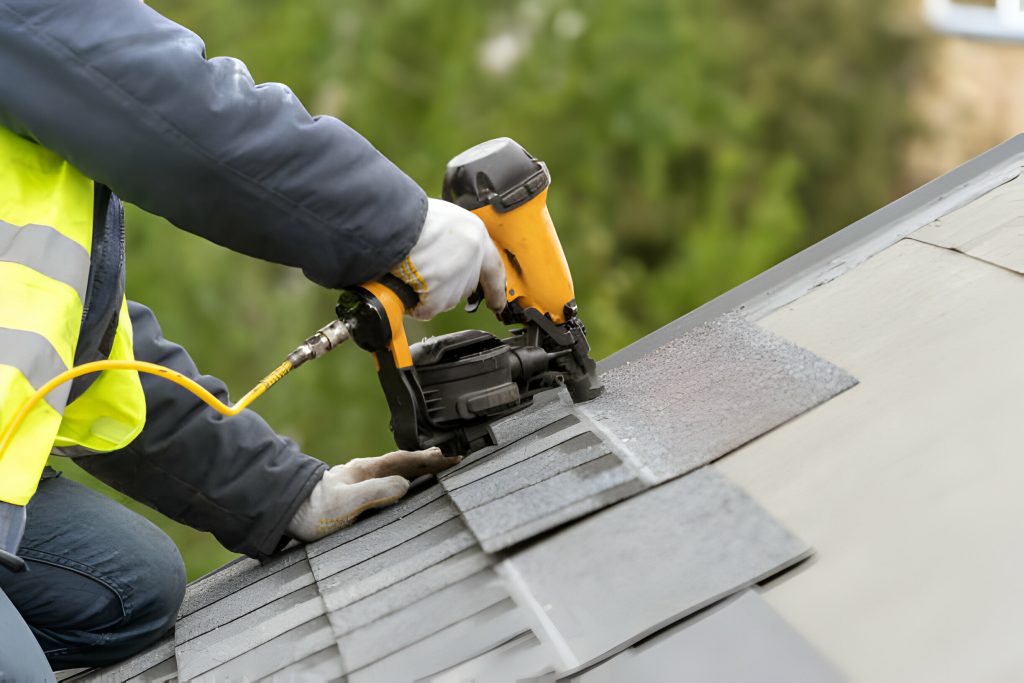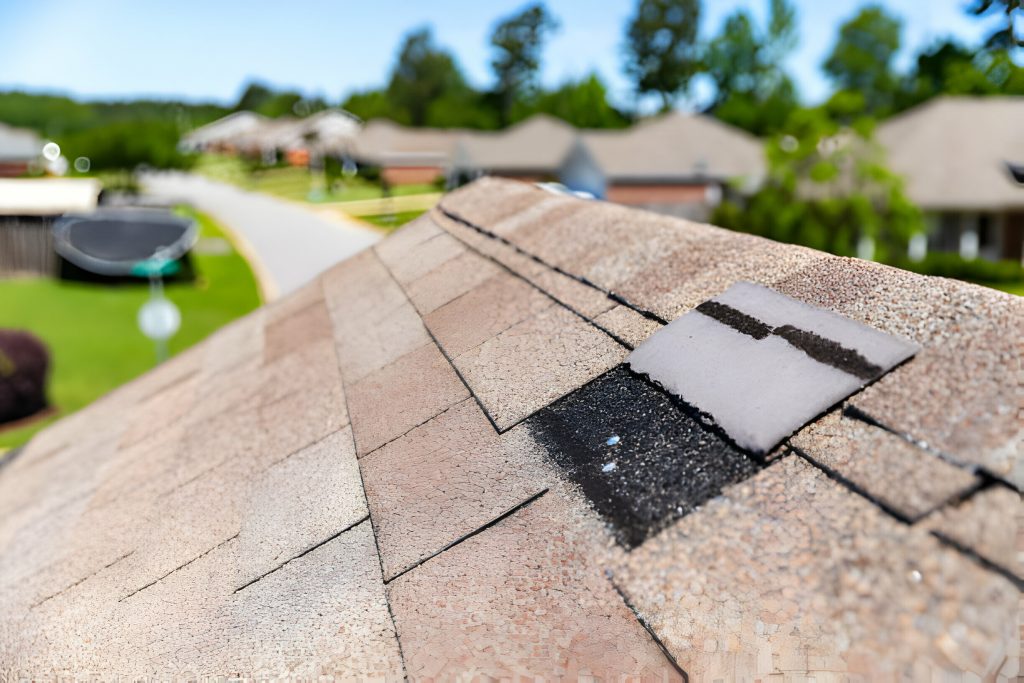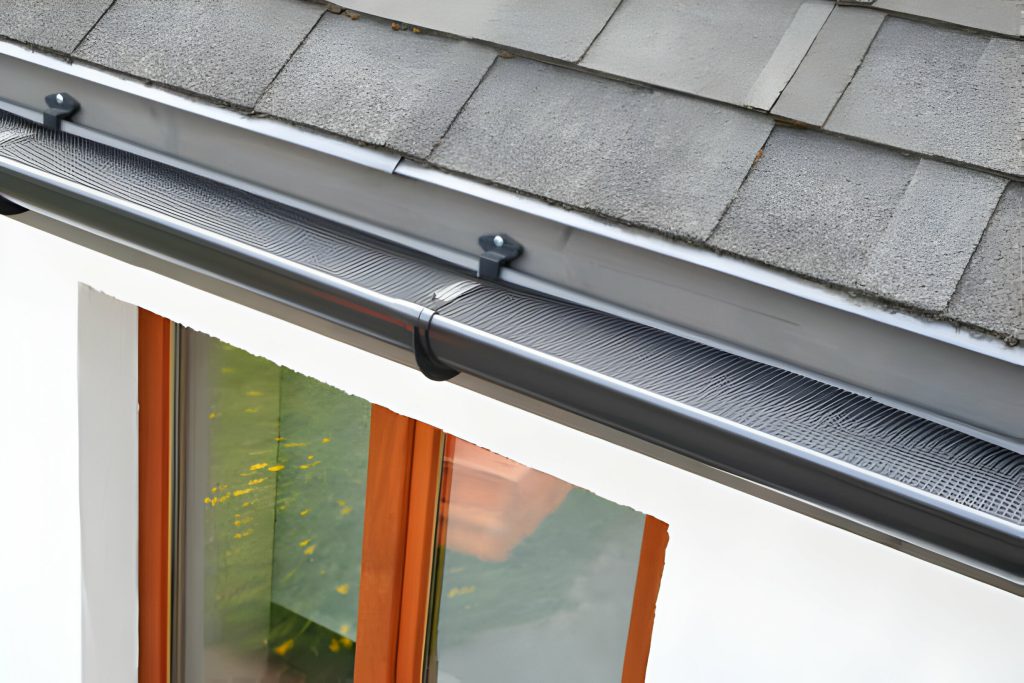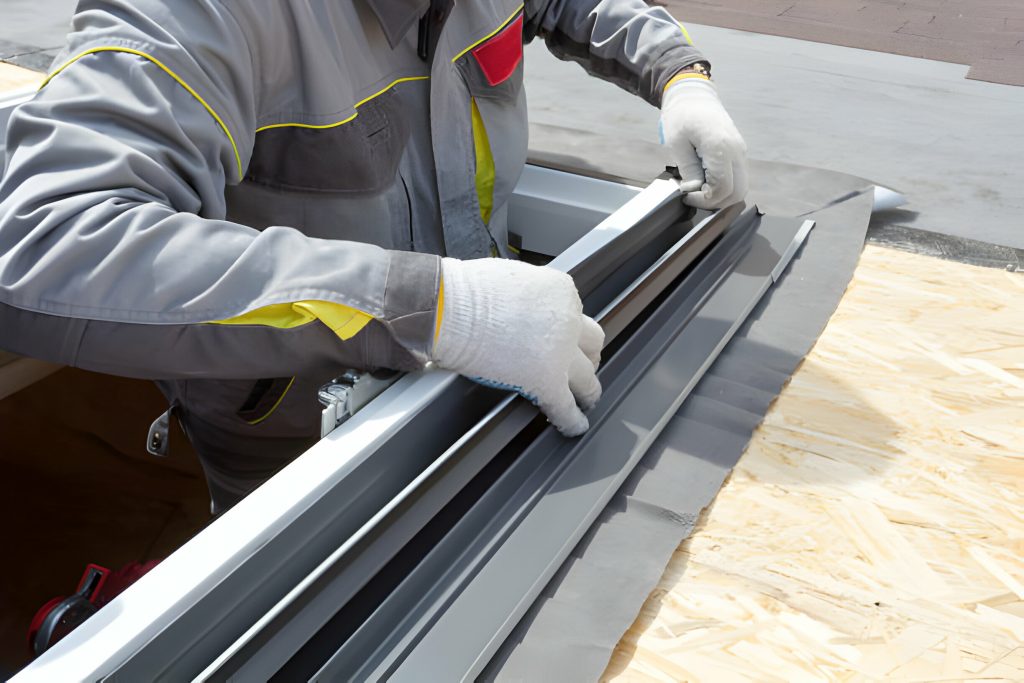ASC ROOFING & EXTERIORS in Marietta, GA
Get a FREE quote!
About us
ASC Exteriors, your premier destination
Welcome to ASC Exteriors, your premier destination for top-notch roofing and exterior services. Specializing in a wide array of solutions, including roof installation, repair, and addressing hail, storm, and wind damage, we are your trusted partner for all roofing needs. Our expertise extends to skylight repair, gutter cleaning, installation, and repairs, as well as loft and attic ventilation services. Serving the communities of Roswell, Cumming, Alpharetta, Smyrna, Dallas, Acworth, Milton, Marietta, Canton, and Woodstock, GA, we take pride in delivering unparalleled craftsmanship and customer satisfaction. Choose ASC Exteriors for reliable solutions that safeguard your property and enhance its curb appeal.

OUR SERVICES

Roof Installation
Services

Roof Damage Repair
Services

Gutter Installation
Services

Attic Venting Installation
Services

Loft Ventilation
Services

Skylight Repair
Services
History of Marietta, GA
Marietta, Georgia, located in Cobb County, has a rich history dating back to the early 19th century. Here’s an overview of its history:
1. **Early Settlement**: The area where Marietta is situated was originally inhabited by Cherokee Native Americans. European settlers began arriving in the late 18th and early 19th centuries after the Cherokee were forcibly removed via the Trail of Tears. The land was attractive for farming and agriculture.
2. **Founding of Marietta**: Marietta was founded in 1834 as the county seat of Cobb County. The town was named after Mary Cobb, the wife of U.S. Senator and Georgia Supreme Court judge Thomas Willis Cobb. Marietta was established near the site of the Cherokee village of Tumlin, which had been abandoned following the Indian Removal Act.
3. **Railroad Era**: The arrival of the railroad in the mid-19th century played a significant role in Marietta’s development. The Western and Atlantic Railroad, which ran through the town, facilitated transportation and commerce, stimulating economic growth.
4. **Civil War Era**: During the Civil War, Marietta, like much of Georgia, was impacted by the conflict. The town served as a strategic point for both the Confederate and Union armies. The Battle of Marietta took place in June and July of 1864 as part of the Atlanta Campaign. Many historic buildings in Marietta, including the Marietta Confederate Cemetery, reflect the town’s Civil War heritage.
5. **Post-Civil War Reconstruction**: After the Civil War, Marietta experienced slow growth and development. Agriculture remained a major industry, with cotton being a primary crop. The town’s population gradually increased as more settlers moved into the area.
6. **Manufacturing and Industry**: In the late 19th and early 20th centuries, Marietta became known for its manufacturing and industrial activity. Textile mills, cotton warehouses, and other industrial facilities were established in the area, providing employment opportunities for local residents and contributing to the town’s economy.
7. **Aviation Industry**: Marietta’s history is also closely tied to the aviation industry. During World War II, the Bell Aircraft Corporation established a manufacturing plant in Marietta to produce B-29 Superfortress bombers. Today, Lockheed Martin operates a major aircraft manufacturing facility in Marietta, producing military aircraft such as the C-130 Hercules and the F-35 Lightning II.
8. **Suburban Expansion**: In the latter half of the 20th century, Marietta experienced suburban growth and development. The construction of highways and the expansion of transportation networks facilitated population growth and urbanization. Residential neighborhoods, shopping centers, and commercial areas expanded, transforming the town into a suburban city.
9. **Modern Development**: In recent decades, Marietta has continued to grow and develop rapidly. The town has attracted new residents and businesses, and its economy has diversified beyond manufacturing to include healthcare, technology, and retail. Marietta’s historic downtown area has been revitalized, with shops, restaurants, and cultural attractions drawing visitors.
Overall, Marietta’s history reflects its evolution from a small county seat and agricultural town to a thriving suburban city with a diverse economy and a dynamic cultural scene.
